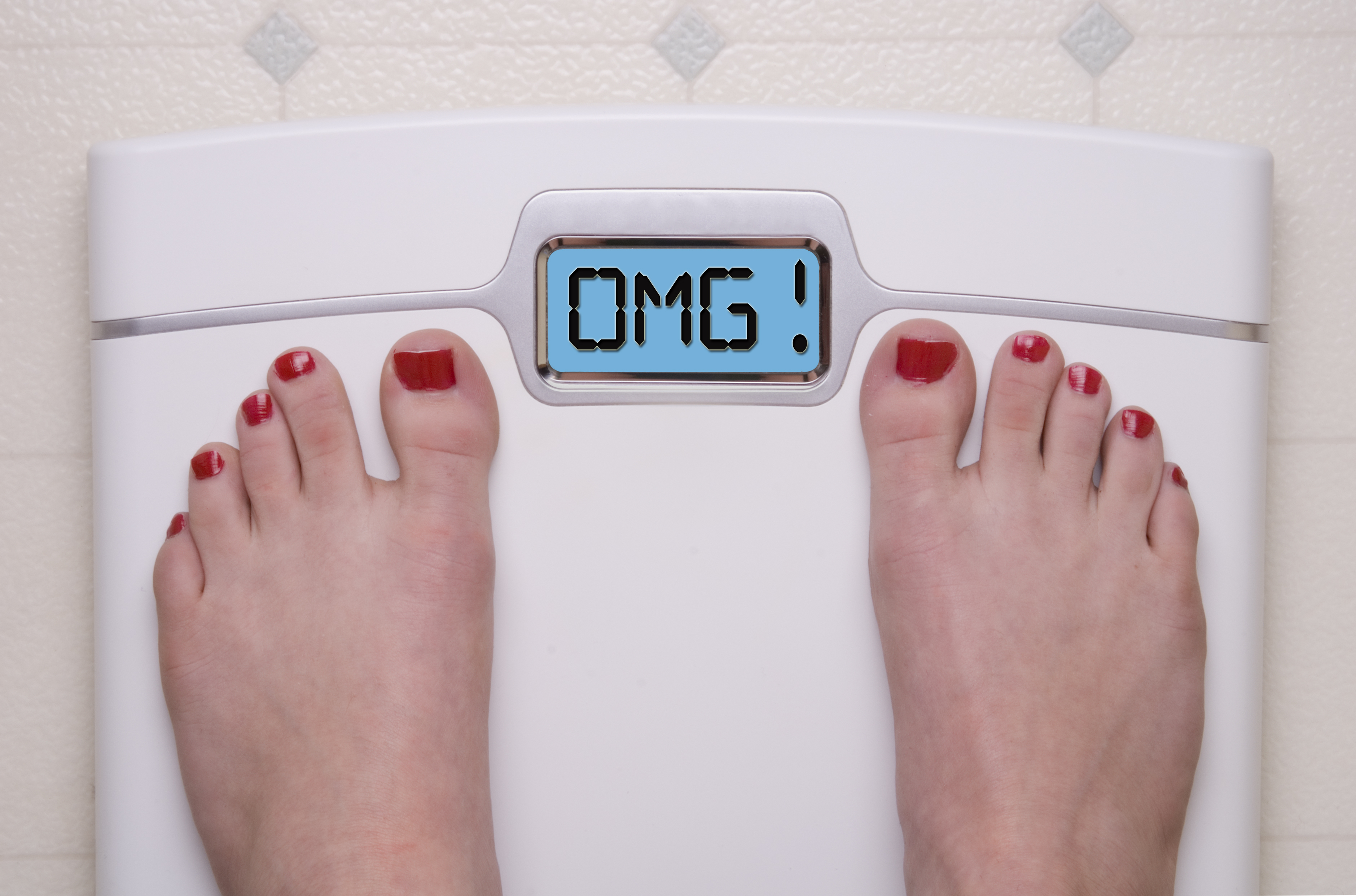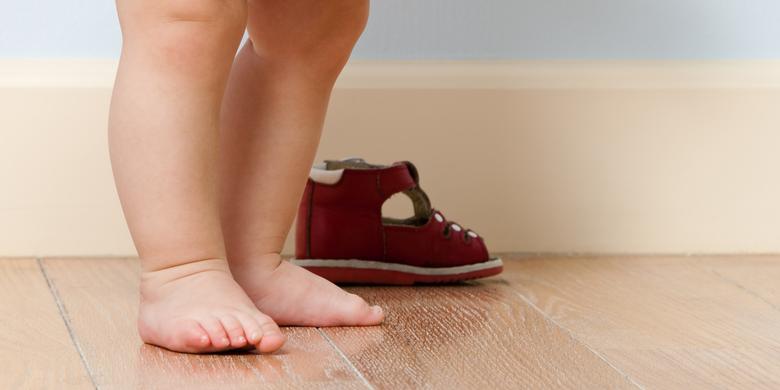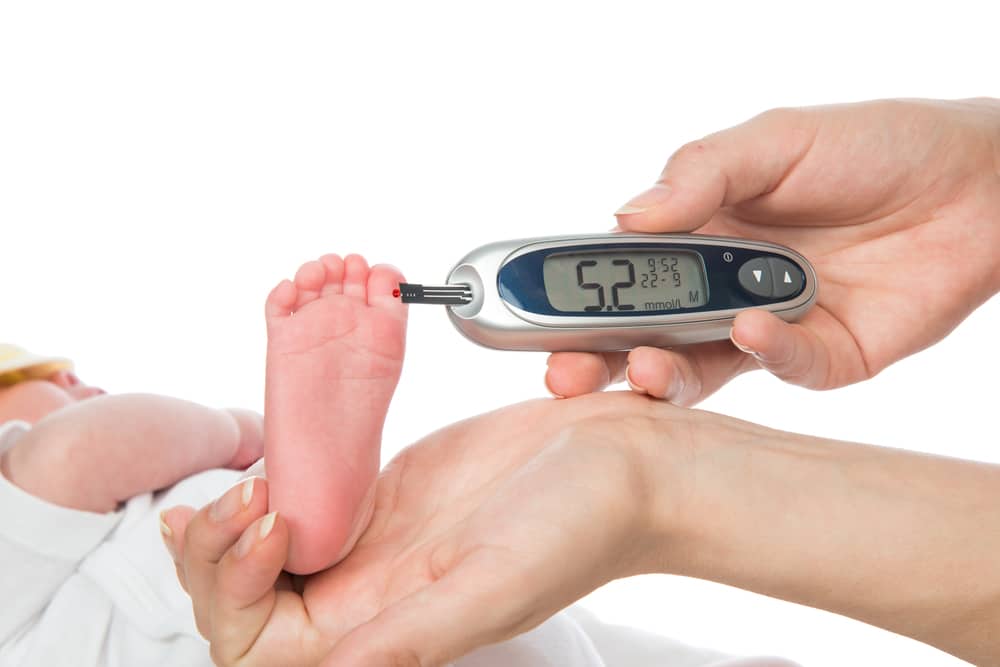Contents:
- Medical Video: Reignite Your Metabolism
- Causes of increased body weight during fasting
- 1. Eat when breaking fast
- 2. Eat more portions
- 3. Decreasing physical activity
- 4. Lack of sleep
- 5. Jump to sleep after dawn
Medical Video: Reignite Your Metabolism
The fasting month is usually used by some people to lose weight, because eating activities in a day are reduced. If when you are not fasting the frequency of eating three times, then the frequency of eating is only twice a day during the month of Ramadan, which is when breaking fast and dawn. But for some people, the frequency of eating less actually makes weight gain when fasting. Loh, how come it can, huh? Check out the full explanation below.
Causes of increased body weight during fasting
Changes in lifestyle during fasting, whether it's diet and daily physical activity will have an impact on the physiological changes of the body as well. Here are 5 causes of weight gain when fasting is common and you should be aware.
1. Eat when breaking fast
After a day of fasting, usually one cannot resist the temptation to devour all the food that is in front of the opening time. Foods that contain carbohydrates and high sugar and salt levels are often the first choice when breaking the fast. So it's natural if during fasting you gain weight.
Therefore, when breaking the fast, cancel fasting with light meals first, such as eating fruit, salads, or soup. Because the three types of food are low in calories and enough to make you full.
2. Eat more portions
Some people who are accustomed to eating large portions, appetite to eat and drink when breaking the fast until dawn actually actually increases. Well, this is what makes people vulnerable to gaining weight during fasting. In principle, people get fat because more food is consumed than food that is processed into energy.
3. Decreasing physical activity
It is undeniable that when fasting the body becomes easily weak when doing activities. Well, no wonder, we are lazy to just do physical activities like sports. Not to mention, sleepy air that often hits so makes sleep time also increases during the day. Even though without physical activity, the body will be more difficult to control weight.
If we consume excess calories during breaking fast and dawn, the excess calories will be stored and increase weight. However, with physical activity, excess calories will be metabolized to reduce stored calories. That is why, during fasting you also need to do physical activities that allow you to keep moving.
4. Lack of sleep
Various studies suggest that people who lack sleep tend to be overweight compared to people who get enough sleep. When someone experiences a sleep disorder, this affects the hormones that regulate the body's metabolism and appetite control, namely the hormone leptin.
This leptin hormone serves to produce hunger and helps regulate one's appetite. Now when someone's leptin hormone is too high, the body will experience a disruption to the perception of feeling full. Their bodies will continue to feel hungry despite eating a lot. As a result, you often snack, especially at night before going to bed.
5. Jump to sleep after dawn
Many people choose to continue sleeping after eating sahur before starting the activity. Though sleeping after eating has some negative effects on the health of the body both short and long term. If you sleep under 2 hours after eating, the digestive tract has not had time to grind the food we consume before going to bed.
Well, this will cause disruption of the digestive tract and absorption of nutrients in the body. The end result, the food we eat is not able to produce the energy needed by the body and actually accumulates in the body causing fat.












